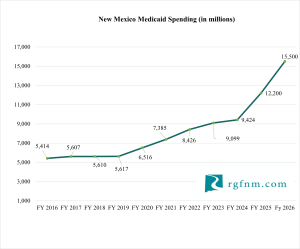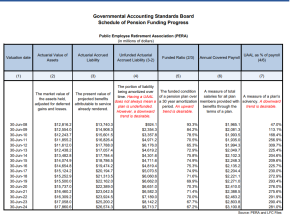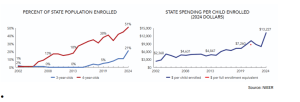![]()
Seven years ago, the landmark Yazzie v. Martinez district court ruling was handed down. A judge found the state of New Mexico violated students’ fundamental rights. The problem is that New Mexico is not providing a sufficient public education as required under the state constitution. Unfortunately, New Mexico’s education problems have only gotten worse.
In fact, recently First Judicial District Judge Mathew Wilson noted that New Mexico has made no meaningful improvement for Native American, disabled, low-income and English-learning students since the initial Yazzie ruling in 2018. Anyone following New Mexico education policy should not be shocked by this recent court decision.
The sad proof? In the last two NAEP “Nation’s Report Card” cycles, New Mexico students ranked dead last in reading and math scores in both 2024 and 2022.
These unacceptable outcomes are after the state Legislature has increased public school funding by over 60% ($2 billion), while student enrollment is declining. Clearly, lack of funding for schools wasn’t the issue.
So, what will come of this latest judicial demand for a new plan from the New Mexico Public Education Department? Under the current governor, the PED is in disarray.
There have been five different Cabinet secretaries and there’s zero appetite for bold reforms like school choice or proven strategies like those adopted in Mississippi.
When former Gov. Susanna Martinez previously tried to move the needle with similar reforms, the unions snuffed them out.
Let’s not just blame the governor, though. Legislative leaders like Rep. Andres Romero, chair of the House Education Committee, has flat-out refused to even let school choice bills get a hearing in his committee. As Gov. Michelle Lujan Grisham herself admitted, too many Education Committee members are former or current educators who “aren’t interested in changing anything,” and their voting on education policy is “unethical and a huge conflict of interest.”
Meanwhile, the teacher unions run the show, funneling money and muscle to the politicians who’ll keep things exactly as they wish.
With that level of captured governance, why would any real education reforms — such as school choice options for families trapped in failing schools — ever be given any serious debate and discussion?
Unless Wilson is willing to challenge the status quo and force PED, the Legislature and the governor to embrace genuine change — school choice included — New Mexico kids will just keep getting left behind. Another court order won’t fix what’s broken, but elections might.
With 2026 around the corner, voters have a shot at real change, but only if we stop recycling the usual politicians.
If we want a new direction, it starts with voters demanding bold, coherent education policies — especially on school choice and accountability — from every candidate up and down the ballot.
And while numerous people have either announced their candidacy for governor or who are thinking about running, parents and students should demand that each of these governor candidates outline a specific plan on how to end the disgrace that New Mexico’s education system in worst in the nation.
We can’t afford finger-pointing and foot-dragging any longer. We need a new educational vision that empowers teachers, local school districts, and parents with a wide range of options to best meet the needs of their communities and students.
New Mexico can’t endure another lost decade. Adoption of school choice and other fundamental reforms in how our students are educated can’t wait. Let’s make education reform the defining issue in the 2026 election, and elect leaders who will make it happen.


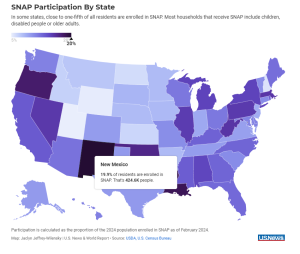
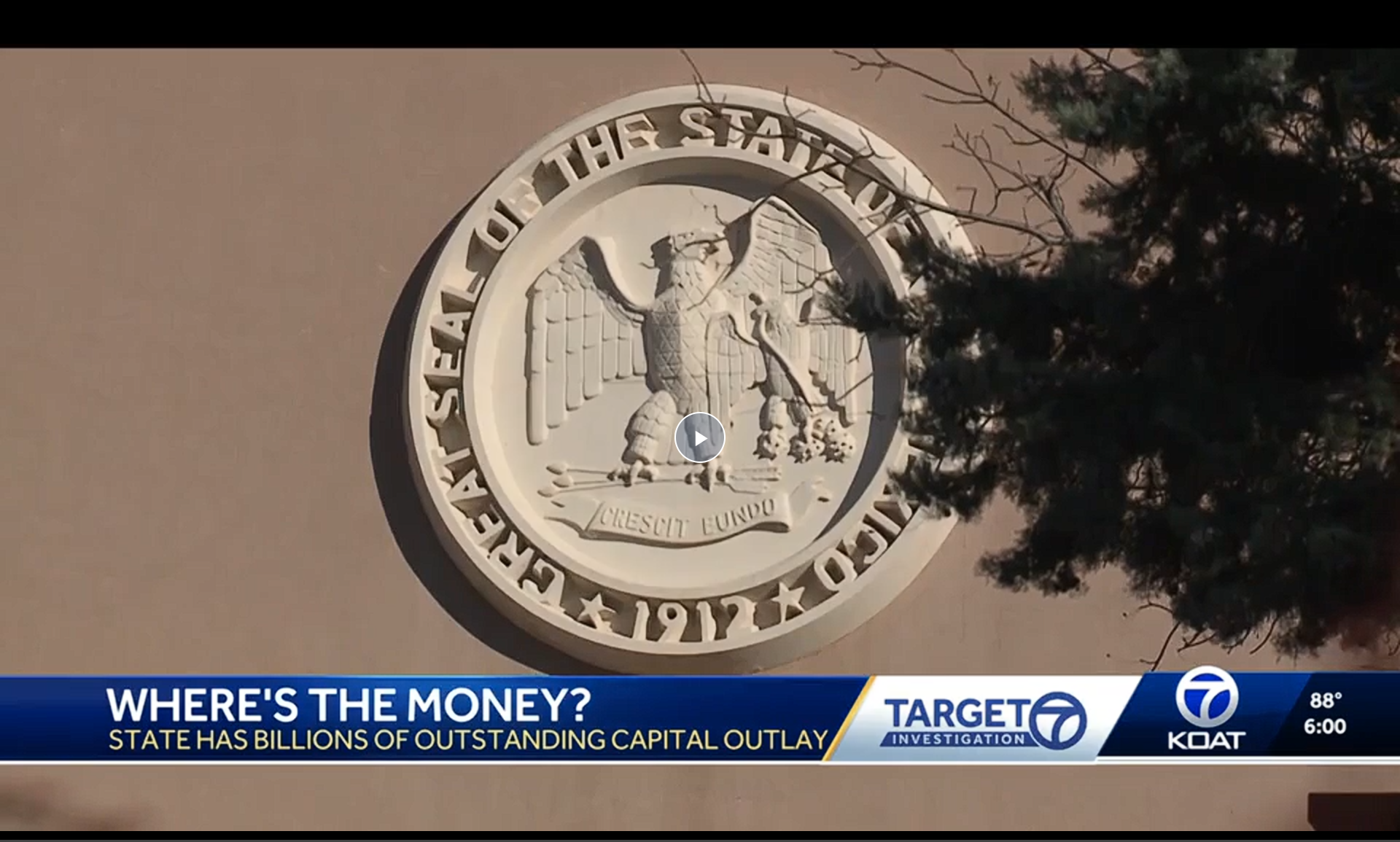



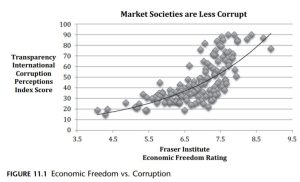
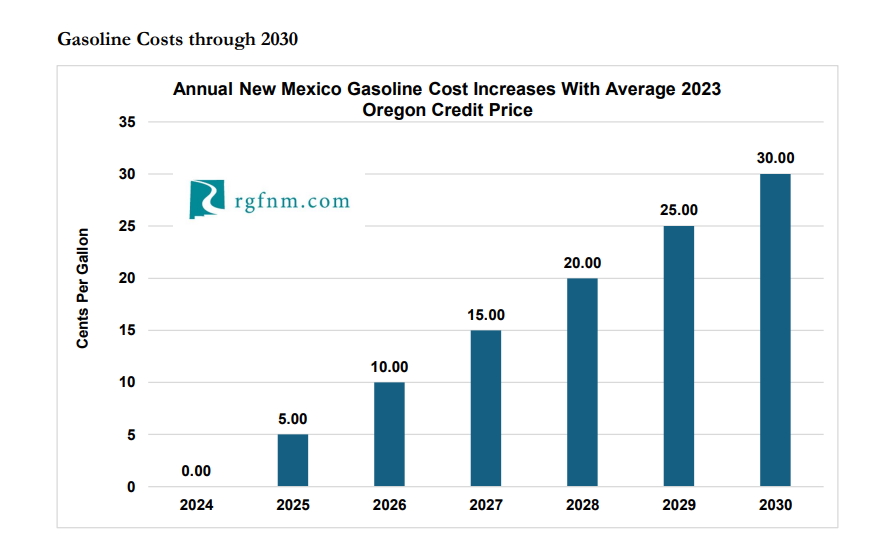



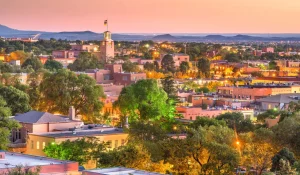


 If you are concerned about your tax dollars going to radical causes like this, I’d recommend sharing this story with your local newspaper or TV station. You can email Secretary Rob Black: rob.black@edd.nm.gov There is a
If you are concerned about your tax dollars going to radical causes like this, I’d recommend sharing this story with your local newspaper or TV station. You can email Secretary Rob Black: rob.black@edd.nm.gov There is a 